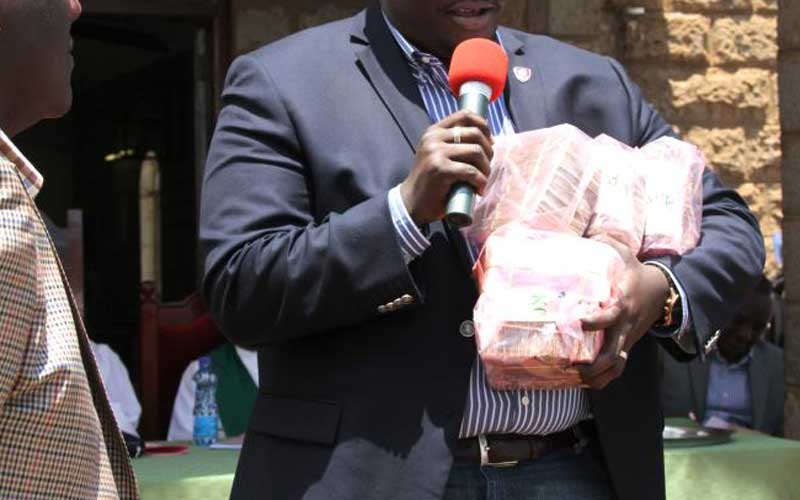×
The Standard e-Paper
Fearless, Trusted News

Political parties have devised ways of escaping public accountability for the millions of public money allocated to them.
This is happening even as they push for the release of billions of shillings they claim Treasury owes them.